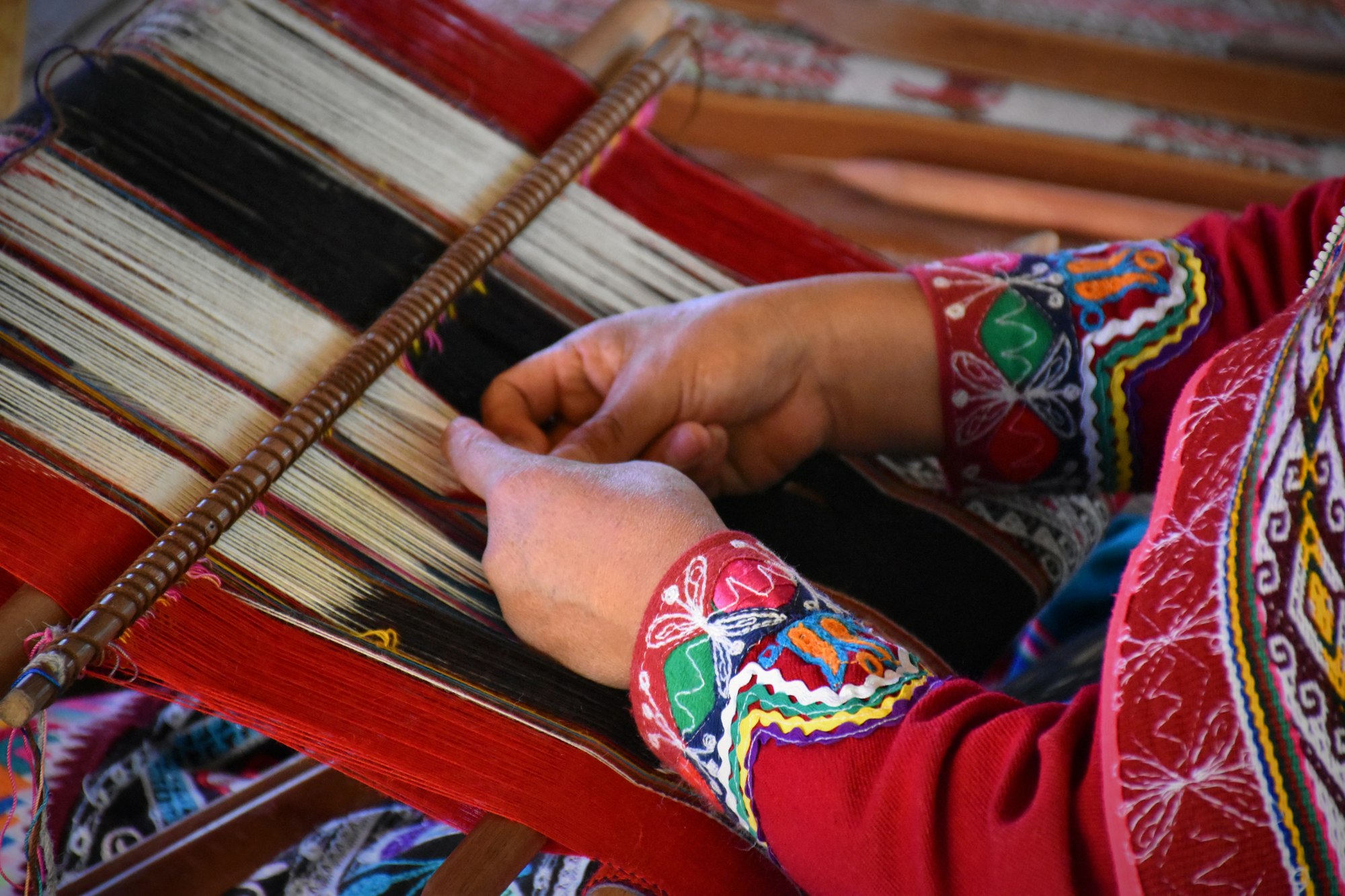The Meilisearch context
We are a French tech startup, founded in late 2019. From our origins with three cofounders, the company expanded following rounds of successful investment bids. Today we number 25 colleagues, including developers, and specialists in developer relations (community), product management, human resources, and documentation.
What is knowledge management?
Knowledge management (KM) is the systematic management of an organization's knowledge assets (information that can be useful) for the purpose of creating value and meeting tactical & strategic requirements. It consists of the initiatives, processes, strategies, and systems that sustain and enhance the storage, assessment, sharing, refinement, and creation of knowledge. Knowledge management has a strong tie to organizational goals and strategy.
KM is a role that organizations often bring in at a later stage of their development. In recruiting a KM role early on in the company’s development, Meilisearch is choosing to develop positive KM practices in good time, and this has several benefits:
- showcasing not only our codebase and community but also our knowledge capture and reuse, we increase our attractiveness to future colleagues
- focusing on collecting, connecting, and creating knowledge allows us to work more efficiently and innovate, as we reduce duplication and learn from past experiences and experiments
- optimizing our processes and procedures for how we work together makes our jobs more interesting, as we reduce toil (avoidable repetitive effort) and increase autonomy
My job is to help colleagues understand the challenges of knowledge management, and give them the tools and techniques to become effective knowledge managers themselves.
Exploring the KM environment at Meilisearch
In my first couple of months at Meilisearch, I spent time with each team to learn how my colleagues worked together, both within and between teams. I was able to make general recommendations, such as setting up and coaching the Senior Leadership Team, and implementing some changes to the structure and setup of our regular meetings.
Now it was time to explore at a deeper level. To learn more about the KM environment, provide a starting point for measuring improvement, and discover pain points and common themes, I designed a research project.
I sought to combine the benefits of short questions and answers which are quicker for the participants to reply to, and the richer nature of longer responses. To achieve this, I created the KM opportunities survey, which included the option for participants to have a follow-up 1:1 information clinic session with me.
Key KM findings from my research project
My colleagues value my emerging role and can see the benefits of taking a step back and reflecting on our KM practices. My recommendations focus on what we should stop, keep, and start doing across the topics of:
- meetings
- processes
- finding information
- reusing work
- news and notifications
- keeping up (information workflows)
- common goals and shared strategy
- defining the scope of our roles and responsibilities
- shifting towards asynchronous working
- documenting and communicating
As well as being foundational elements for good knowledge management, much of this advice also supports designing for remote-first and asynchronous working, which is essential to Meilisearch’s development as we welcome new colleagues across different time zones. Read the full report.
Next steps
To put these recommendations into actions, I have set three strategic priorities for KM at Meilisearch for 2022:
- Employee onboarding: getting colleagues up to speed quickly (reduces business costs and affects our ability to scale the company)
- Strategic alignment: building a shared roadmap based on a common understanding of our organizational vision, mission, and strategy (and making sure everyone in the organization understands when there’s been a shift in direction and adjust accordingly)
- Meilisearch knowledge base and its management: starting with making the most of the existing key content repository
I will also be working with each team to help them choose 3-5 aspects that are particularly important to them, and support them to make improvements in these areas. Across the organization, we will be creating a culture of coaching and peer learning to allow all of us to be multipliers of the skills we’re sharing.
As one participant said “we shouldn’t go on as we are… making some changes would mean we’d all feel better at work. And it’s funny that we can iterate on Meilisearch but not on our ways of working”.
Here’s to an iterative approach to improving our collective culture of knowledge management at the individual, team, and company level! If this work environment inspires you, check out our open positions.
If you’re interested to learn more about KM and small organizations, register for our free webinar “Start small to move mountains: knowledge management at a start-up” at 12:00 CET (11:00 UTC) on Friday 25th February 2022.

